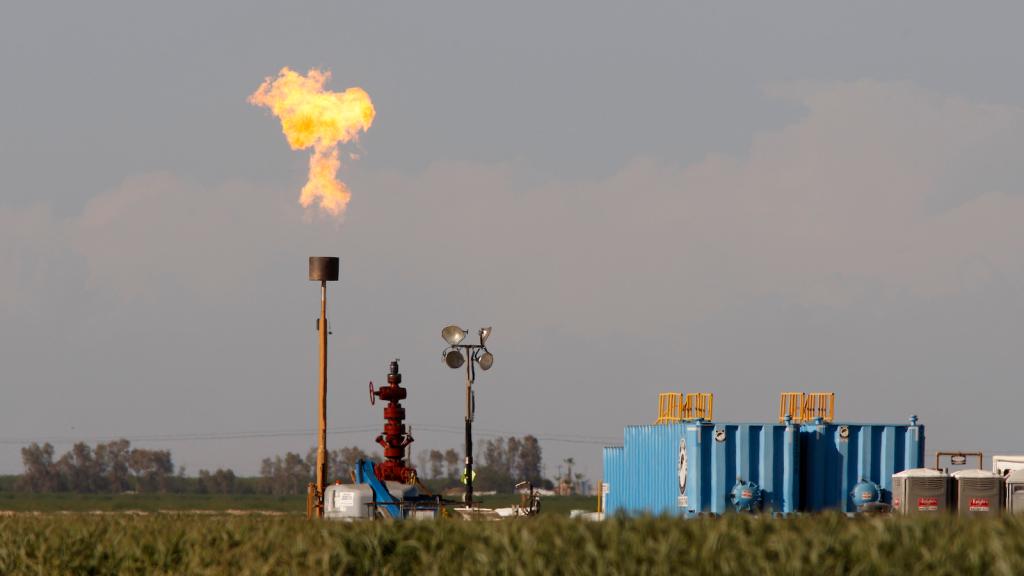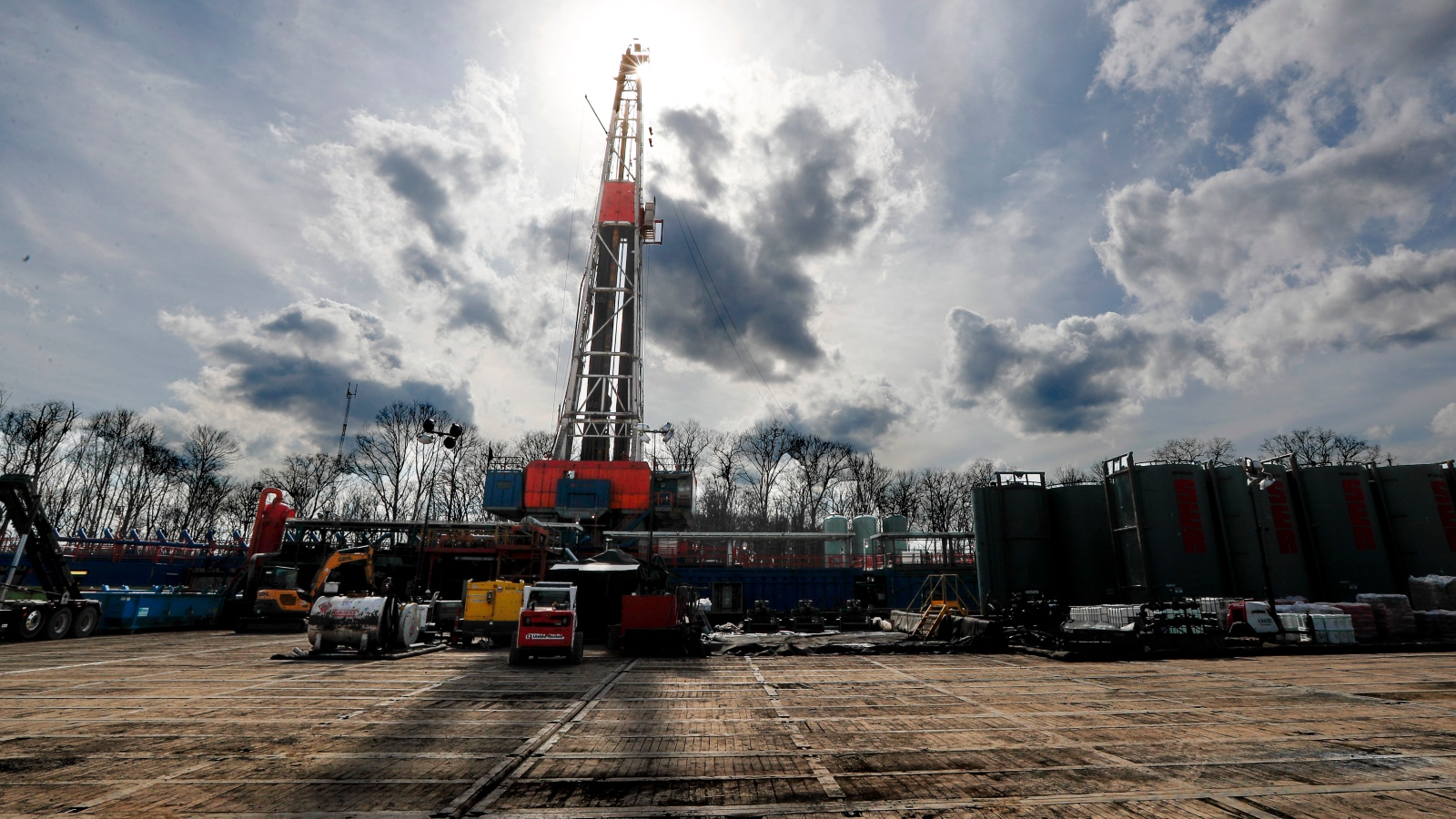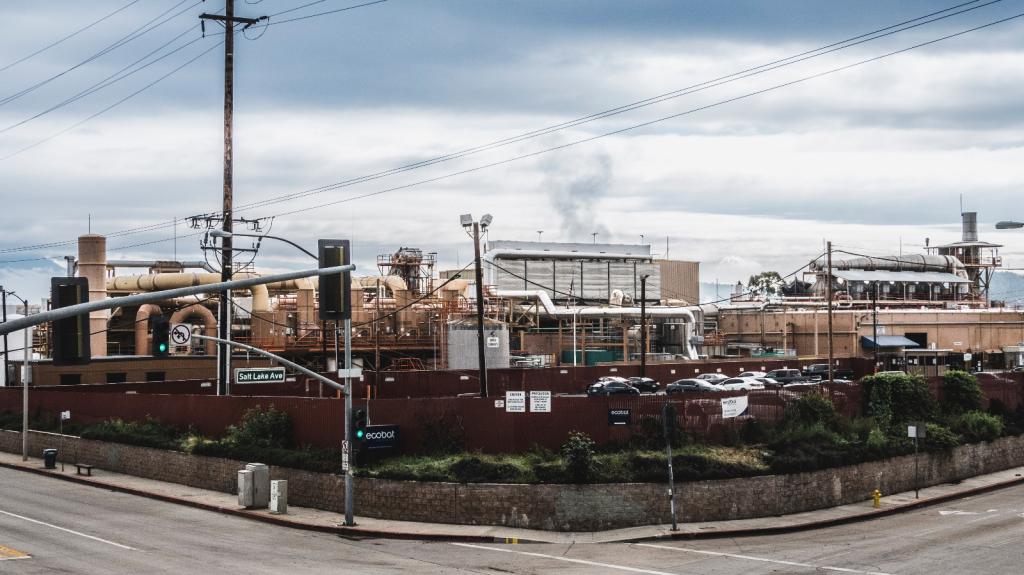After dozens of childhood cancer cases surfaced in Southwestern Pennsylvania in 2019, state health officials embarked on a multi-study project to determine whether the region’s boom in oil and gas extraction might be to blame. This week, the results of that work are in: Epidemiologists at the University of Pittsburgh, which was contracted to do the research, found evidence that minors living close to fracking sites are over 5 times more likely to develop a rare type of childhood cancer. They also found a greatly increased risk of asthma attacks and lowered birth weights.
The eight counties that make up Southwestern Pennsylvania comprise one of the nation’s most important fossil fuel-producing regions. Much of the state’s natural gas is buried thousands of feet beneath the earth, under sheets of fine-grained rock known as shale. These once-inaccessible fuel reserves were unlocked in the early 2000s with the widespread adoption of fracking, a method of fuel extraction that involves injecting huge volumes of water and other chemicals underground to shatter bedrock and free up oil and gas reserves. The number of fracking wells has increased more than tenfold over the last two decades, and Pennsylvania is second only to Texas in the number of wells it contains.
While previous research has identified numerous chemicals used in fracking as capable of causing cancer — among them formaldehyde, hexavalent chromium, benzene, and ethylene oxide — the science that actually links fracking directly to adverse public health outcomes is still coming into view. This week’s studies helped to fill this gap by using existing medical records from the Pennsylvania Department of Health.
The authors analyzed cancer incidence data from 2010 through 2019, which included 498 total cases in children born and diagnosed in the eight-county study area. Of the four types of cancer analyzed, they found significant evidence that children living within five miles of an active oil and gas well were 5 to 7 times more likely to develop lymphoma. They did not find evidence that the other three childhood cancers — leukemia, brain tumors, and bone cancers — were associated with proximity to oil and gas development.
However, James Fabisiak, an author on all three studies that were released this week, said that doesn’t mean a connection to those cancers can be ruled out. A separate state-wide study from Yale University last year found a link between fracking and a subtype of leukemia in children aged 2 to 7.
“In any scientific study like this, you always have some uncertainty about the negative result,” Fabisiak told Grist. “If I had more patients, if I had more sample size, might I find a statistically significant difference?”
The researchers wanted to understand how each phase of the fracking process affects the health of nearby residents. Before workers start injecting fluid into the earth, they often have to clear sites, build roads, and drill deep crevices in the ground. The subsequent fracking phase of the process is typically short, lasting only about three to five days, while the production phase, when fuel is actually extracted from the ground, takes much longer — from a few weeks to decades.
The studies analyzed records of more than 46,000 patients, aged 5 through 90, over the past two years, and found that people with asthma are 4 to 5 times more likely to have an asthma attack if they live near a fracking well during production. The researchers also connected this phase of the fracking process to lower birth weights. On average, babies born to people living near oil wells during the production process were 1 ounce smaller at birth. (The researchers noted that such a difference does not usually pose a significant health risk.)
Fabisiak said that he found the findings of the asthma study to be most troubling, given how widespread the condition is — more than 25 million Americans have asthma.
“I have a son who grew up with asthma, and I know the burden of what that particular disease has on an individual in a family,” he said.
The studies were not able to identify what particular hazard connected with fracking caused the adverse health effects that they observed in Southwestern Pennsylvania, but it builds on research documenting the relationship between fossil fuel development and asthma and birth defects in other parts of the world. It’s well-known that flaring, a practice that involves burning off unwanted gas, can generate substantial air pollution, and that the chemicals used in fracking, if not properly extracted and disposed of, can leak into the soil and groundwater, exposing nearby residents for prolonged periods. Fabisiak said that drawing a direct link between those hazards and poor health outcomes should be the work of future studies.



